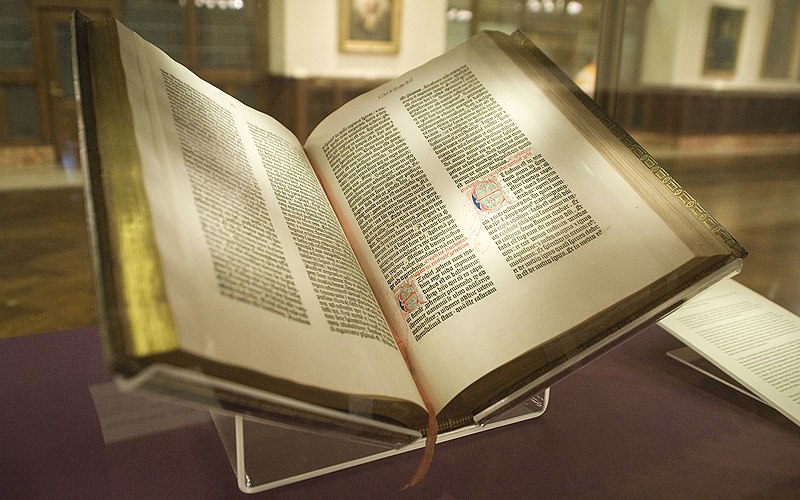
cc
With the birth of the printing press came a new demand for information. The spread of humanism was a light to those in search of learning. This new opportunity for learning was not only a great equalizer but it was also the discovery of the individual's capacity for knowledge and the thirst for it. The information market quickly became the fastest growing market proof of our desire as human beings to better understand our purpose in the world.
I would argue that we are living through a similar revolution today on a smaller scale. When first introduced, Youtube was a platform where people watched funny cat videos and Charlie biting that one kid's finger. However, with it's unlimited bandwidth and accessibility to the masses the innate desire for knowledge has changed it into a platform of intellectual discourse.
With Television's limited bandwidth a debate about the ethics of abortion, or immigration laws is cut to a 20-minute news segment with "experts" shouting over each other with 3 commercial breaks in between. The introduction of these type of debates on Youtube opened the door for civil discourse on topics that need three to four hours of dialogue for there to be a progressing debate where everyone comes away enlightened.
These lengthy discussions are produced by intellects with a variety of political and philosophical views. These figures who are part of a group called the I.D.W. (Intellectual Dark Web) include Bret Weinstein (Evolutionary Biologist), Sam Harris (Neuroscientist), Ben Shapiro (Conservative Commentator), Ayaan Hirsi Ali (Feminist), Christina Hoff (Feminist), Jordan Peterson (Best Selling Author and Psychologist), and many more. If you type any of these names in a Youtube search bar, you will find thousands of hours of in-depth intellectual discourse that satisfies the human need for information and learning.
As with any other information it is vital to determine what is true. I am not saying what everyone who is part of the IDW speaks the truth. Most of them, however, are part of a movement that is searching for truth. Just like the humanists of the early Renaissance who sought to do everything they could to properly educate women, and "plowman". For anyone interested in captivating deep political and/or philosophical discussion I would encourage you to search these people out.









